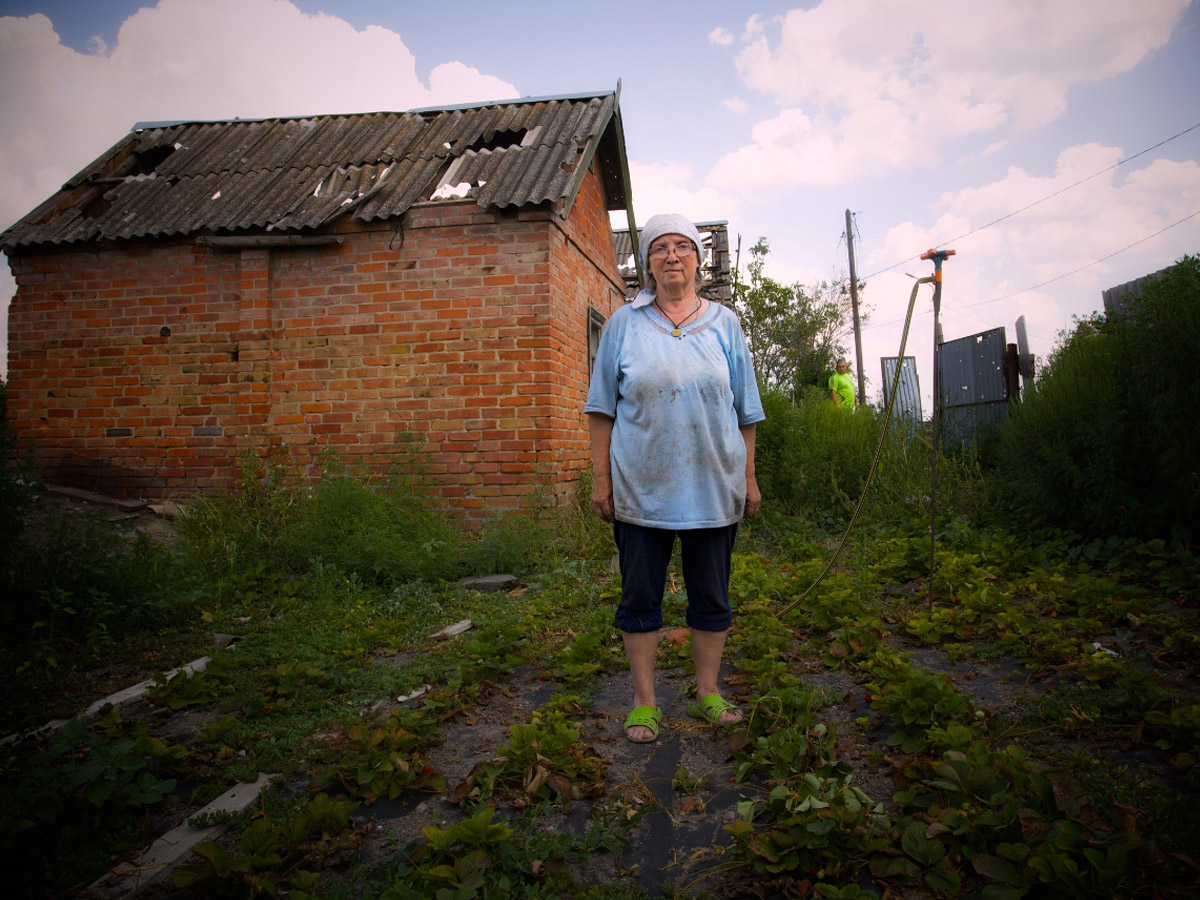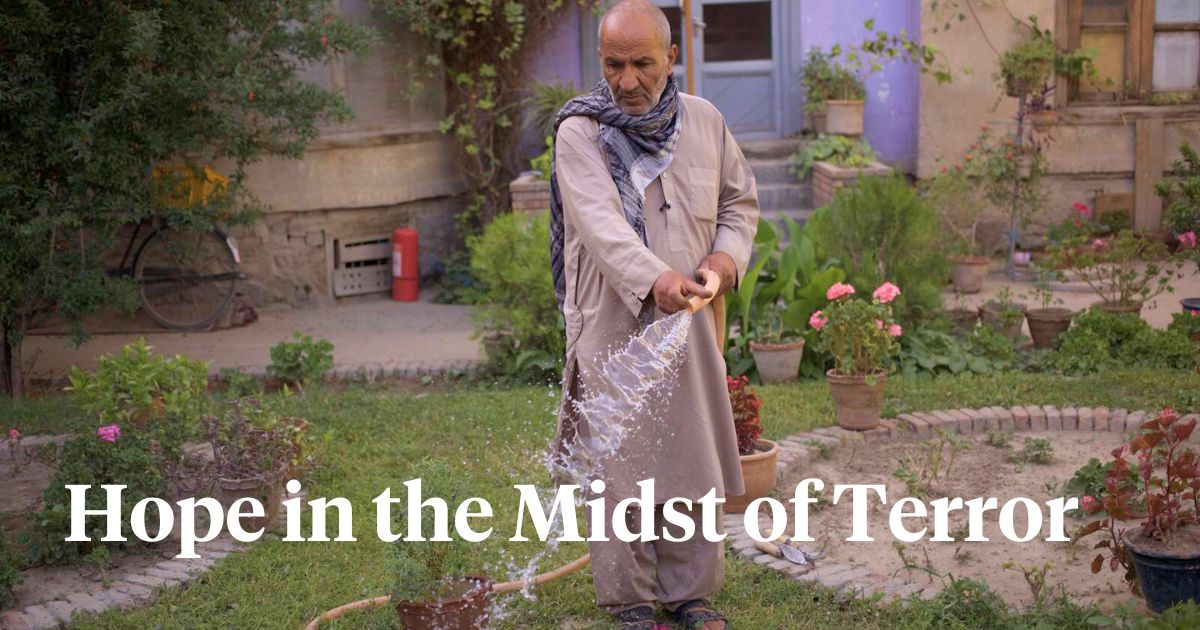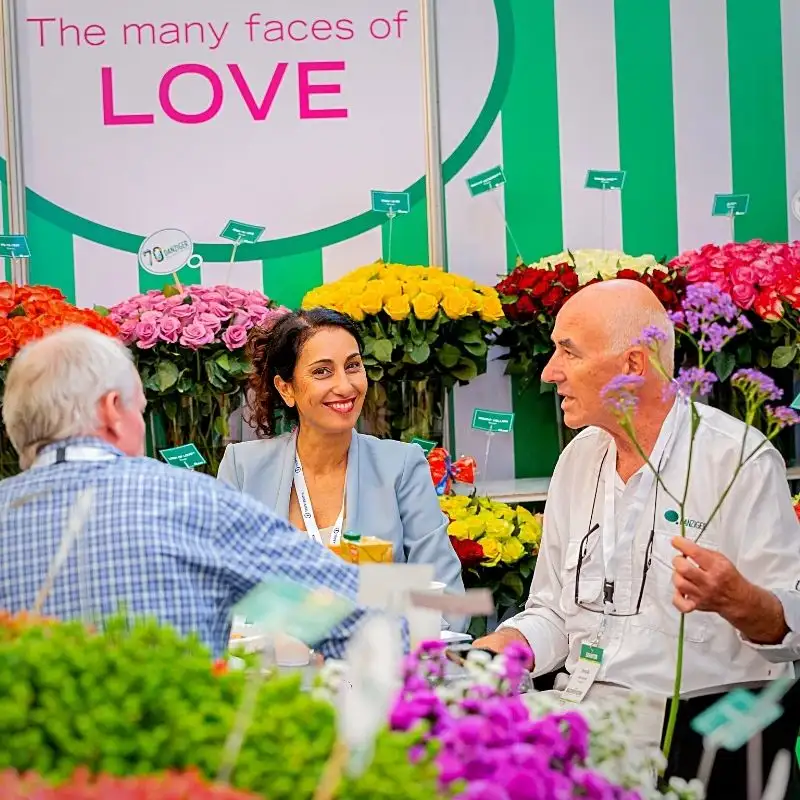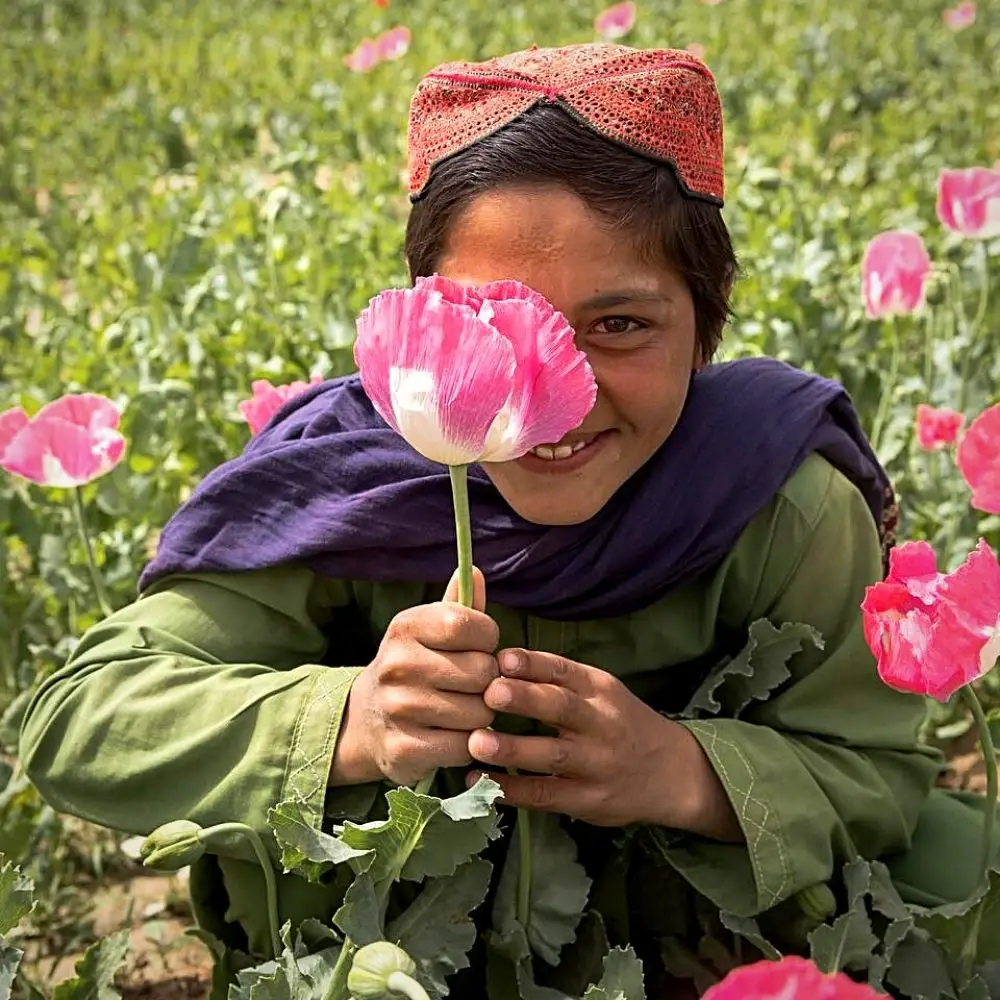Every so often, you stumble across a book that holds a magical kind of power. Hidden within its pages are stories that resonate deep within your soul, and words that give meaning to thoughts and ideas you’d never even known you’d been searching to understand. Such was the experience upon reading ‘War Gardens: A Journey Through Conflict in Search of Calm by UK war correspondent, photographer, and author, Lalage Snow. Against the backdrop of civil unrest in Afghanistan, Gaza, Israel, the West Bank, and Ukraine, Lalage Snow captures the cruel horrors of life within the geographic confines of a warzone, and the profound stories of the gardeners who live there. It is a book that speaks of chaos and control, sorrow and hope, suffering and dignity. But above all, it is a testament to the ancient power of connection through nature.
Lalage Snow's Journey to Documenting War Gardens
Lalage Snow always knew that she wanted to be a foreign war correspondent. Raised in an army family in the UK, the concept of war never seemed far from the realm of ordinary life. But it wasn’t until working as a journalist at a UK lifestyle magazine that Lalage felt the tug to abandon all that was comfortable and instead pursue a life as a foreign correspondent and photojournalist on the frontline of warzones. ‘I think it was sort of a question of if you want to do something, do the hardest thing possible, then settle for the middle ground,’ she reckons laughingly, as she relays her transition from an editorial assistant of an English wine magazine to an embedded photographer in the Middle East.
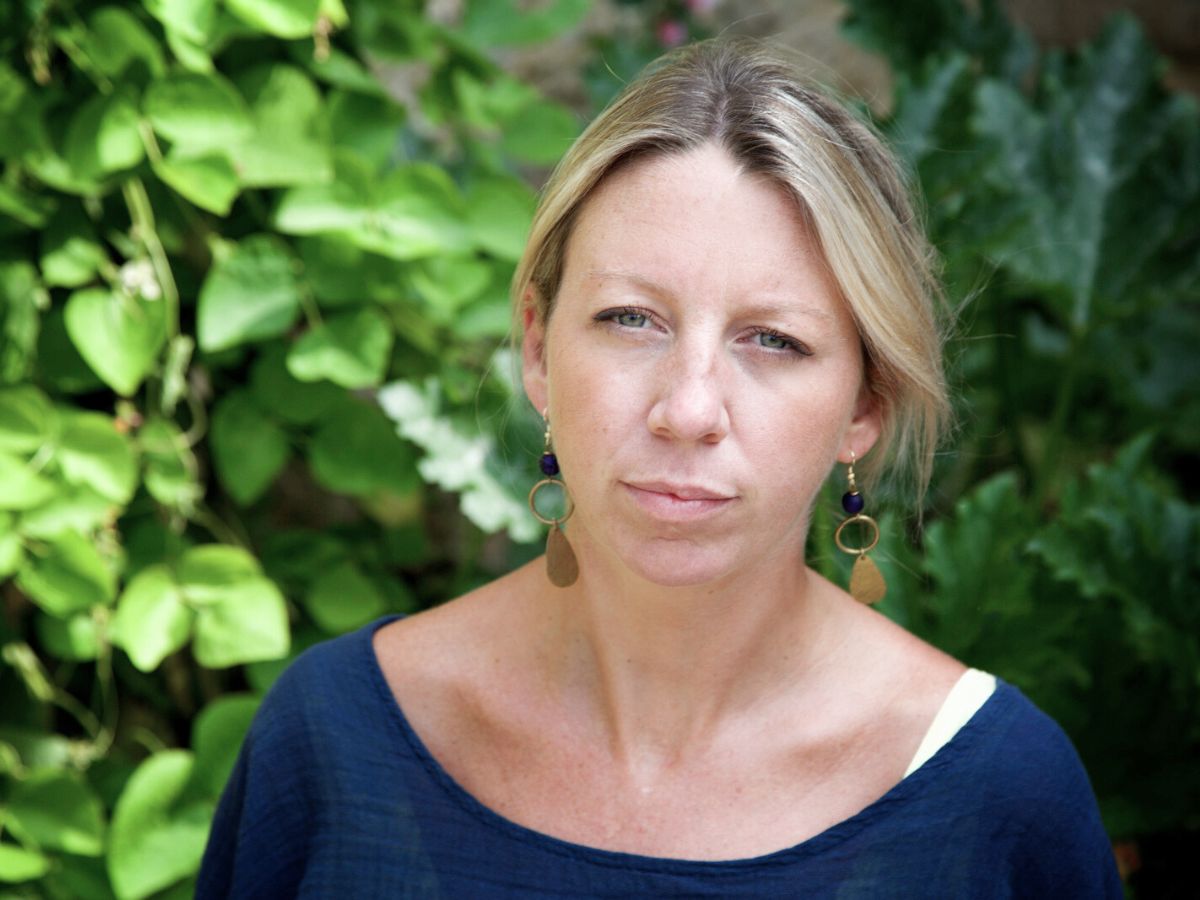
Lalage started off documenting warfare stories right from Bangladesh to the Middle East, bringing stories of soldiers and women on the frontline. However, as she continued bringing stories about war and the sufferings of women and children, most magazine editors often criticized or rather categorized her segment as somewhat depressing to their audiences. Snow narrates that this was a bit sad for her given that as a journalist it is your responsibility to truthfully inform people of what is happening without any censorship. She had to find something unusual to write about and gardening was an easy one given that around the same time she had already started photographing gardens in Kabul. The intent of capturing these gardens for her was to the contrast between private and public life in the city and the paradox that existed in the thriving gardens in environs that succumbed to chaos and destruction.
Significance of Gardening in A Warzone
War Gardens isn't a gardening manual but a story depicting the resilience of people who were wrapped up in a warzone, yet determined to create their meaning of freedom, peace, and survival amid all the chaos. The constant worry of tomorrow, whether their children will be safe or whether life will be back to normal are some of the daily struggles people within the war zones regions were confronted with. Yet, despite these intricacies, they chose the contrary by reverting to nature, where the purest form of tranquility exists.
Lalage Snow echoes that;
"To garden in a time of crisis and conflict is to escape to a world within a lost world, it is a refusal to accept a world defined by chaos and violence and destruction but instead, create life"
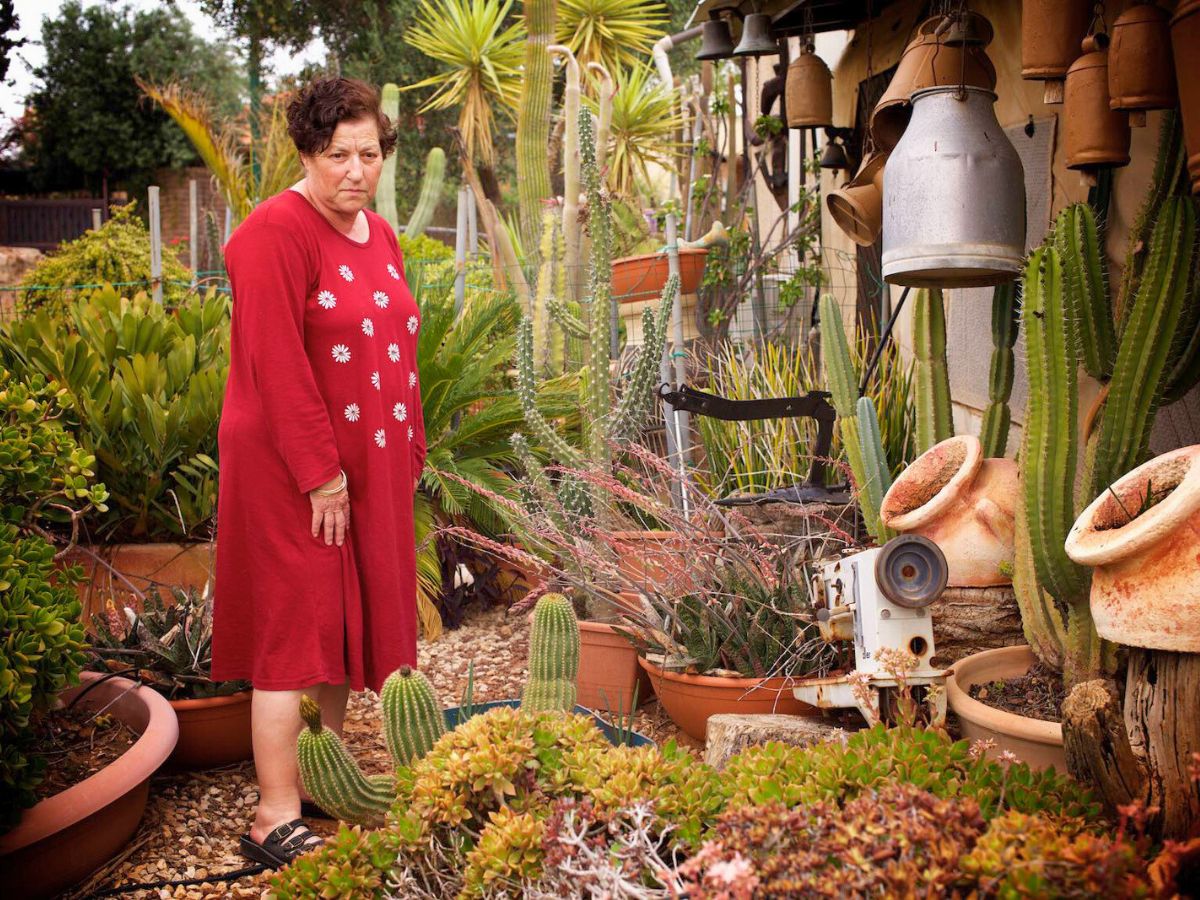
War is the most brutal thing that can happen to the people, ruthlessly it robs them of their creativity, freedom, and hope. Gardening as depicted by 'War Gardens' is a way to create a life out of the ruins, fueling hope despite the damning darkness. Though for some it is an escape from terror or war, others seek to experience peace and calm which is non-existent in their world. Gardening symbolizes the significance nature plays in our daily lives, from refreshing the air we breathe, boosting our productivity, and enhancing our moods, undoubtedly these are some of the phrases that were going on in the minds of all gardeners who were got up in the war zones.
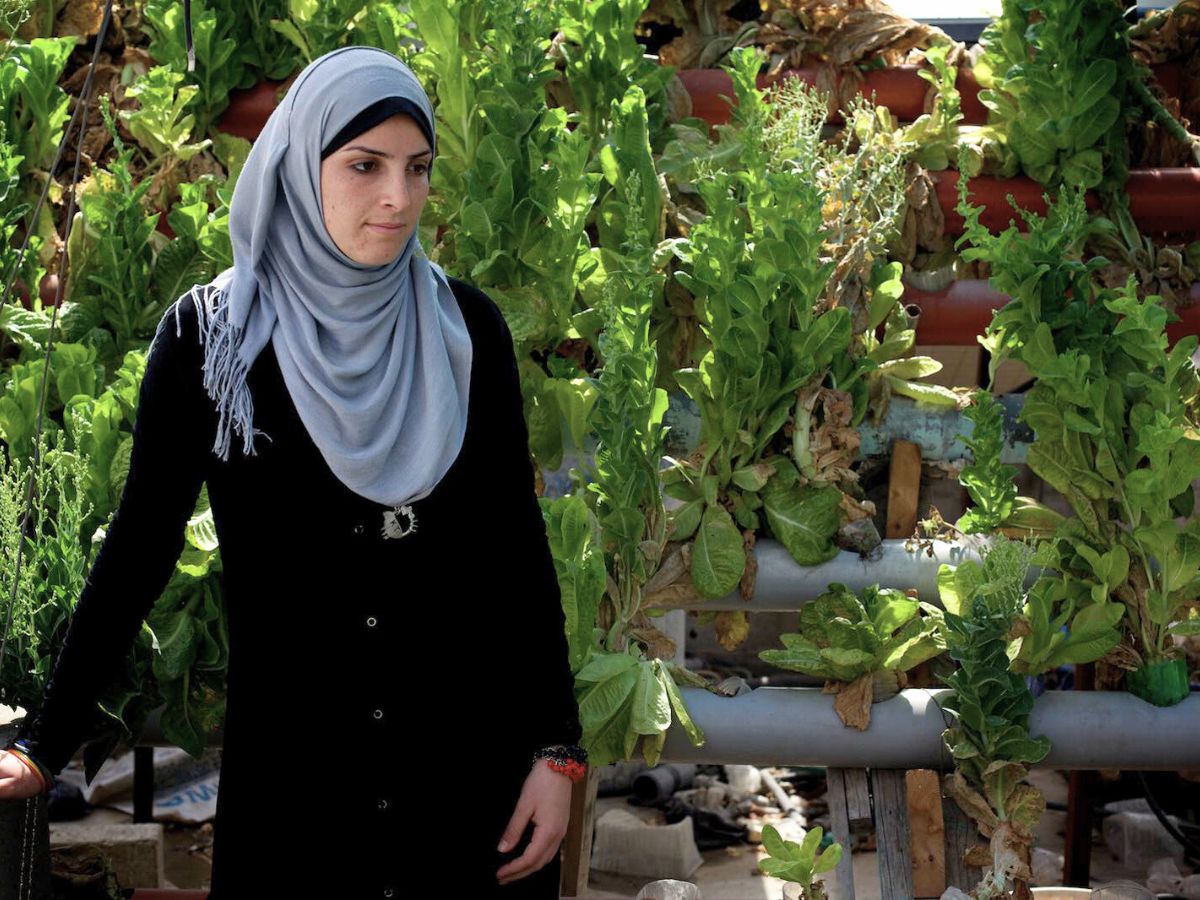
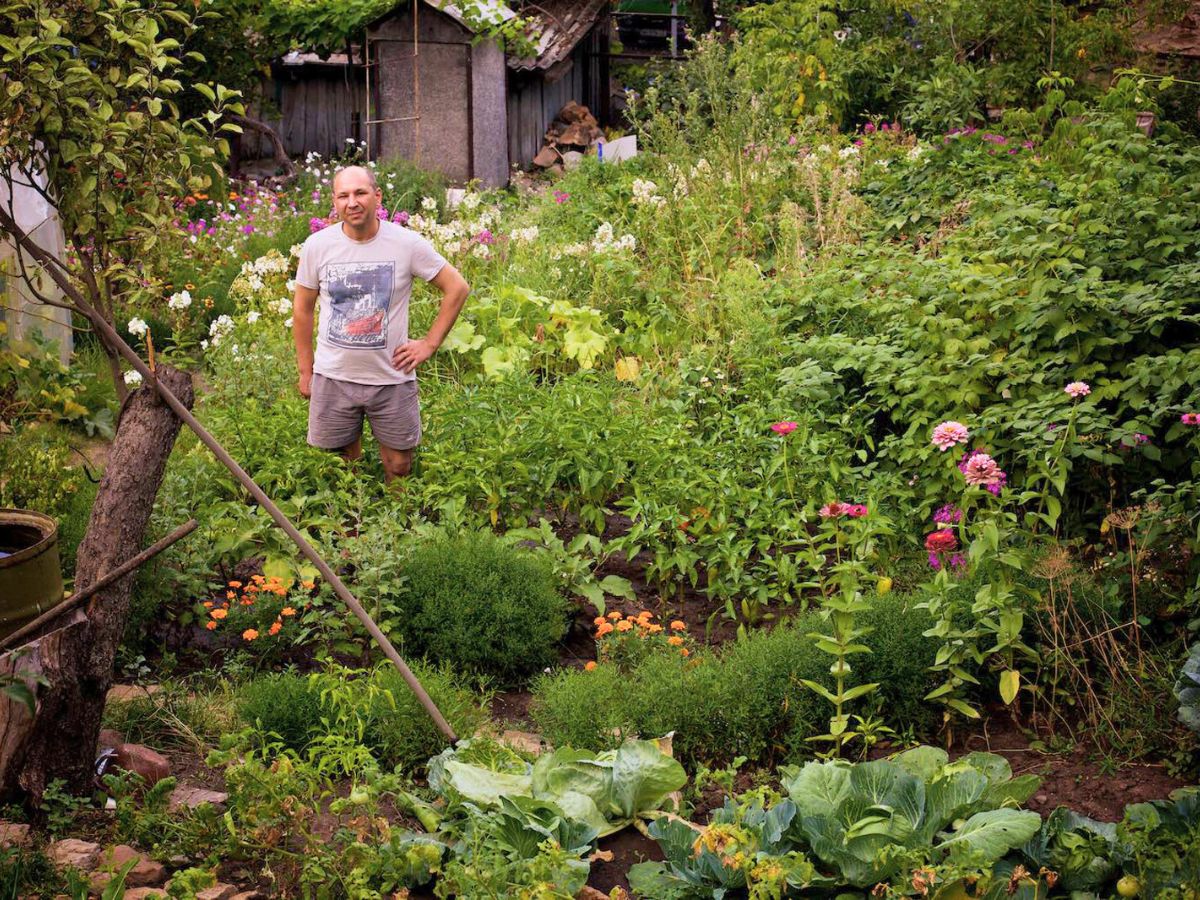
Constant Battles of War
Unfortunately, since Lalage Snow wrote her book War Gardens in 2018, a lot has happened since to date. The limelight would have been at least the people of Gaza, West Bank, or Ukraine would be experiencing the peace and calm they have desired for years but that's not the reality!
It begs the question, when do people in war zone regions resume normalcy? when do they start living? But the truth is there is nothing normal for them, even post-war so much would be lost already, which can never be recovered. Gardening is a sense of belonging, a way to remember what was lost, or destroyed as a result of war. Being cognizant of their loss, nature remains a constant place of tranquility to their chaotic and traumatized mind and soul.
